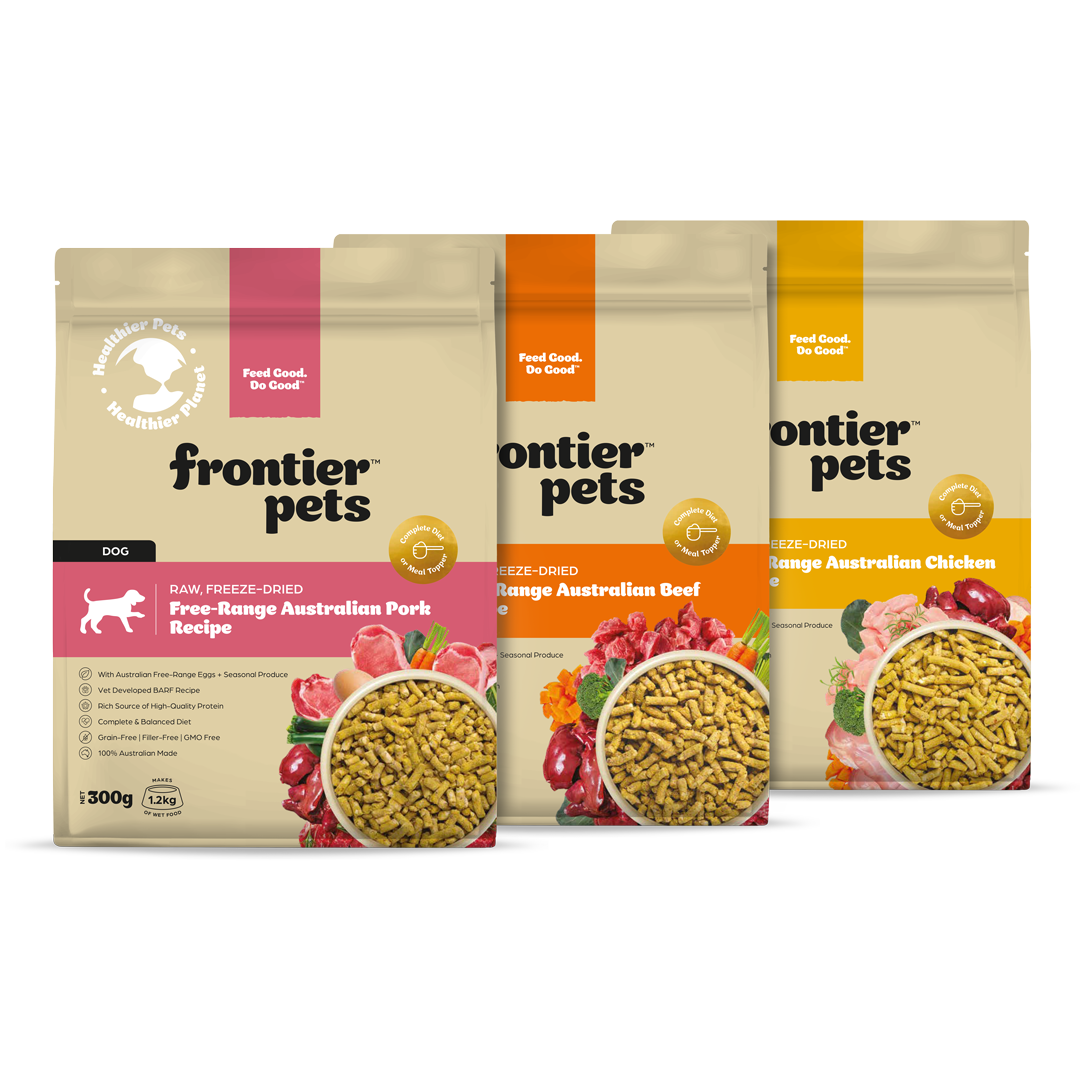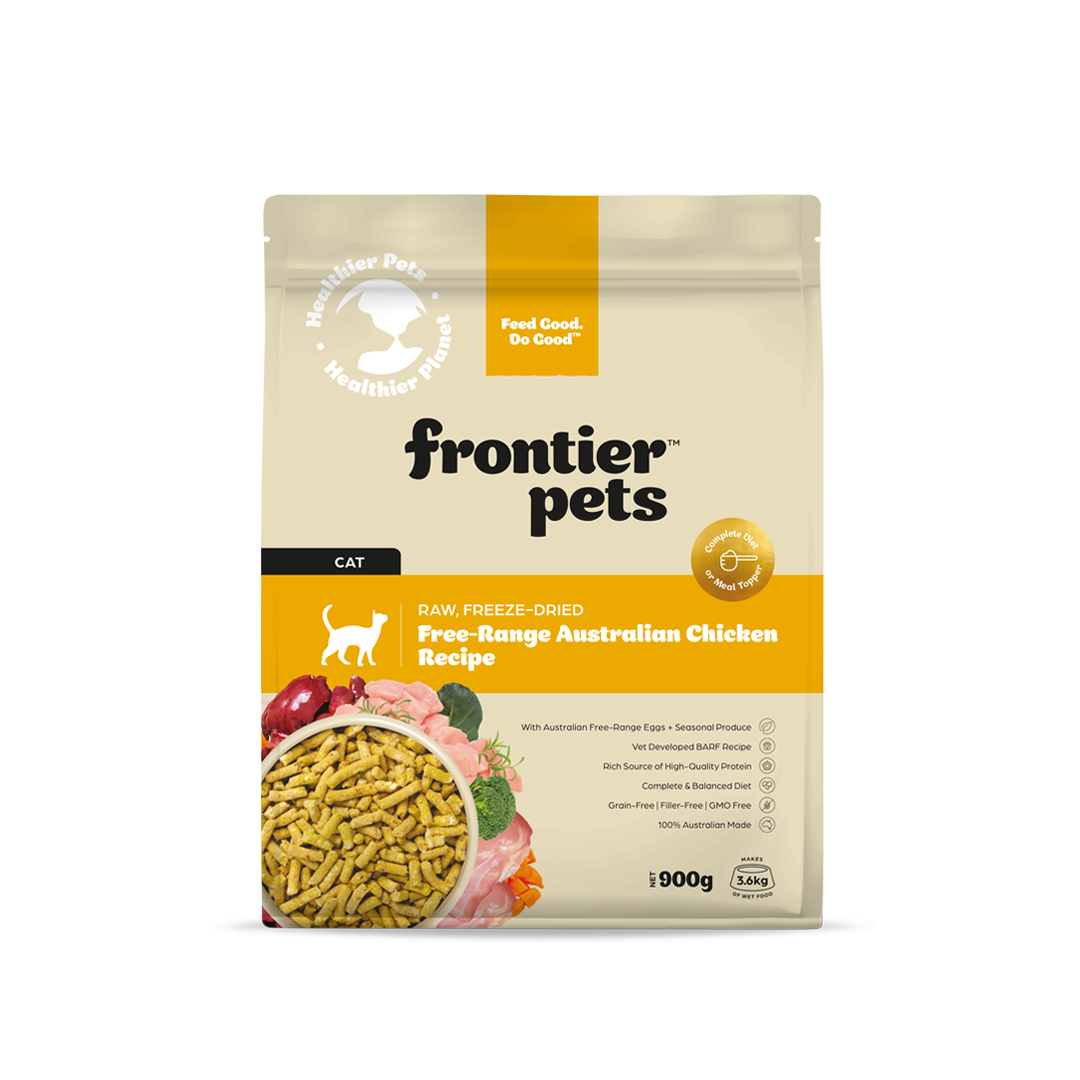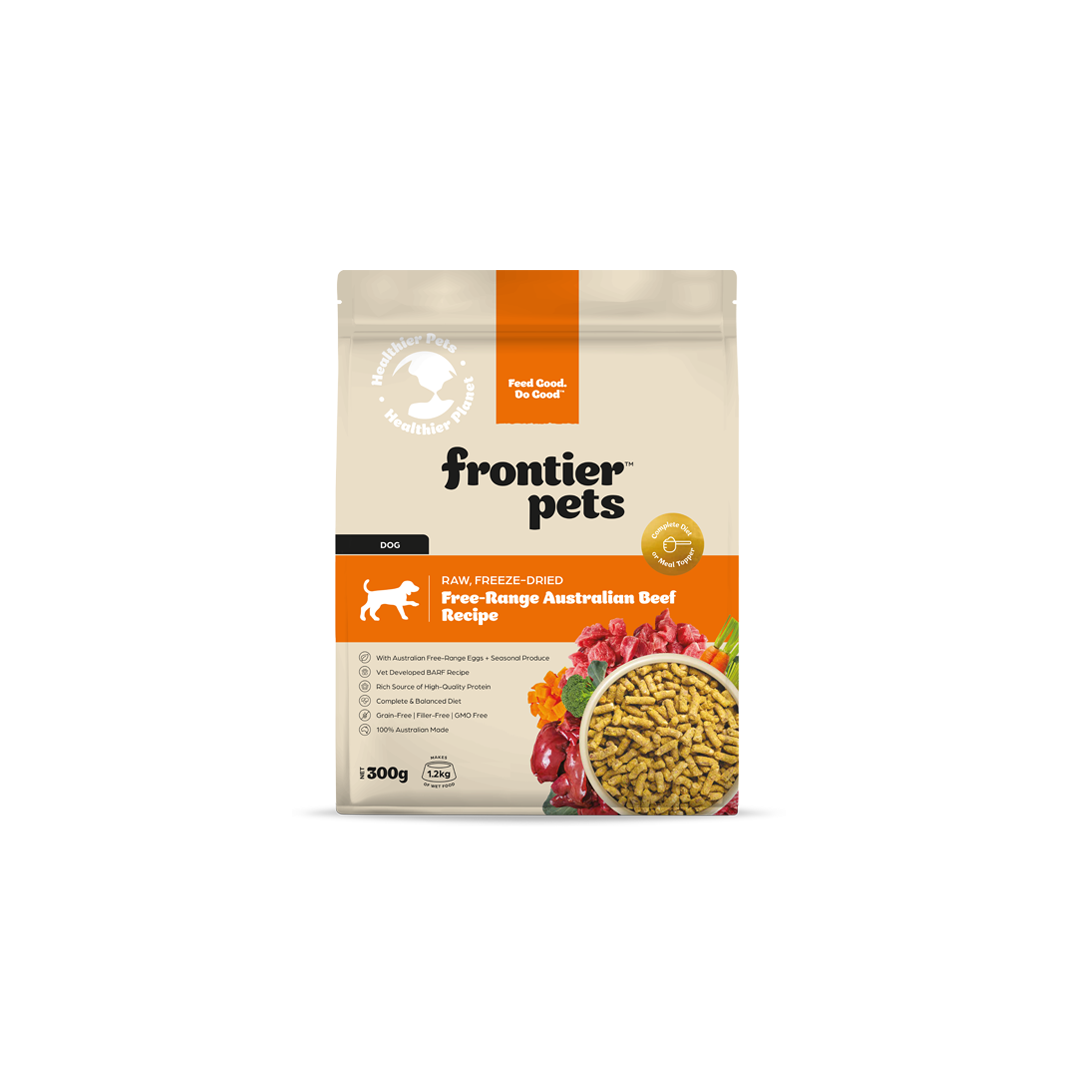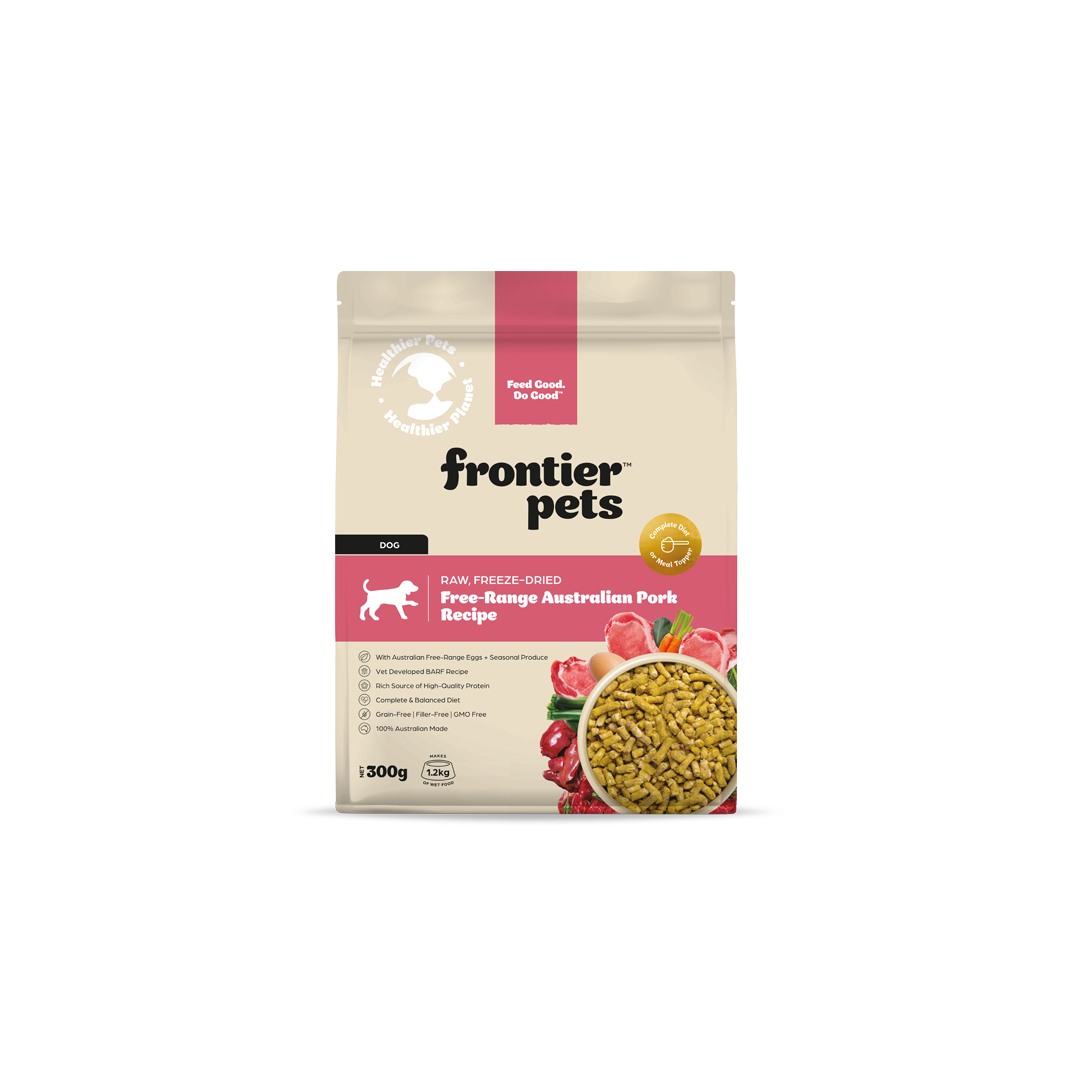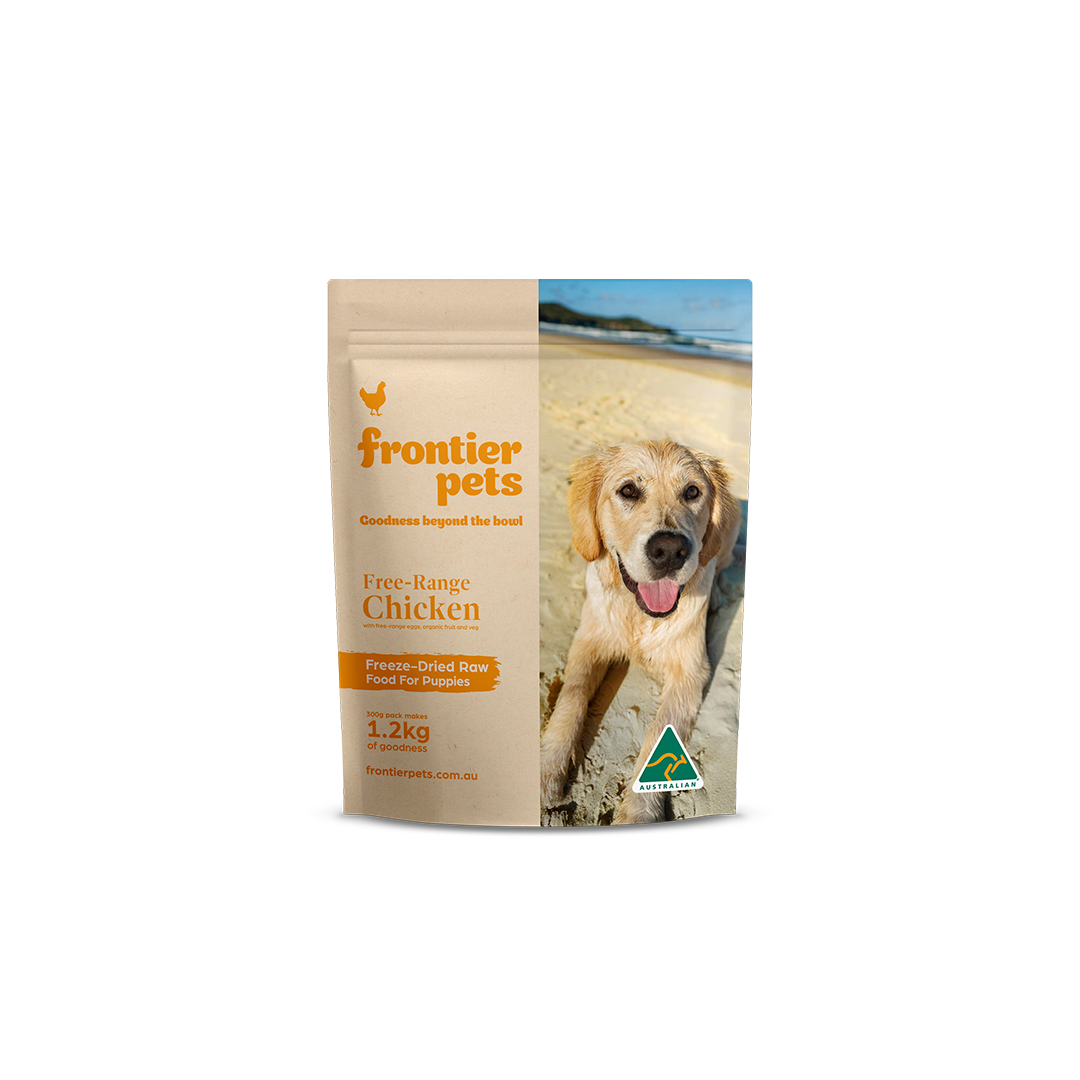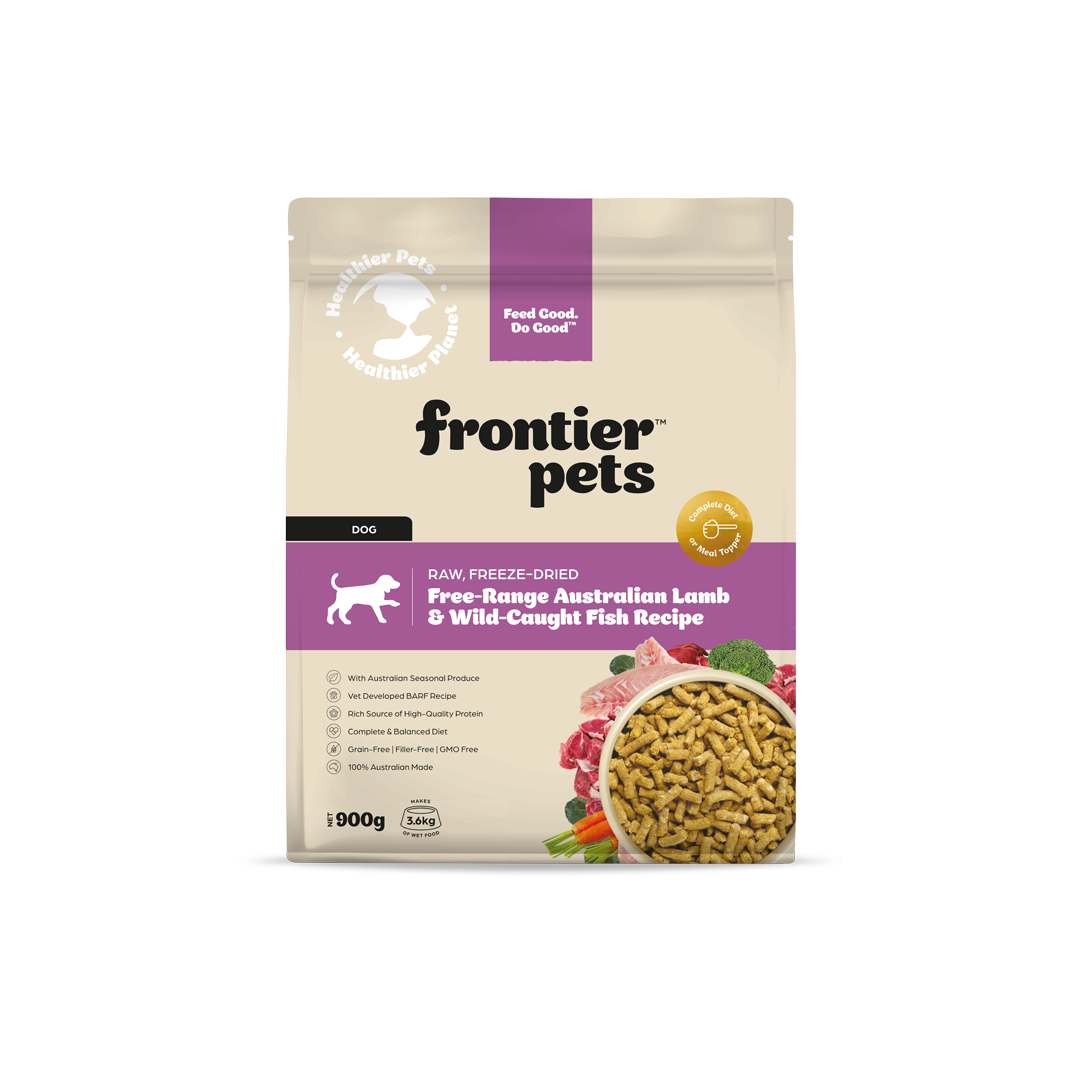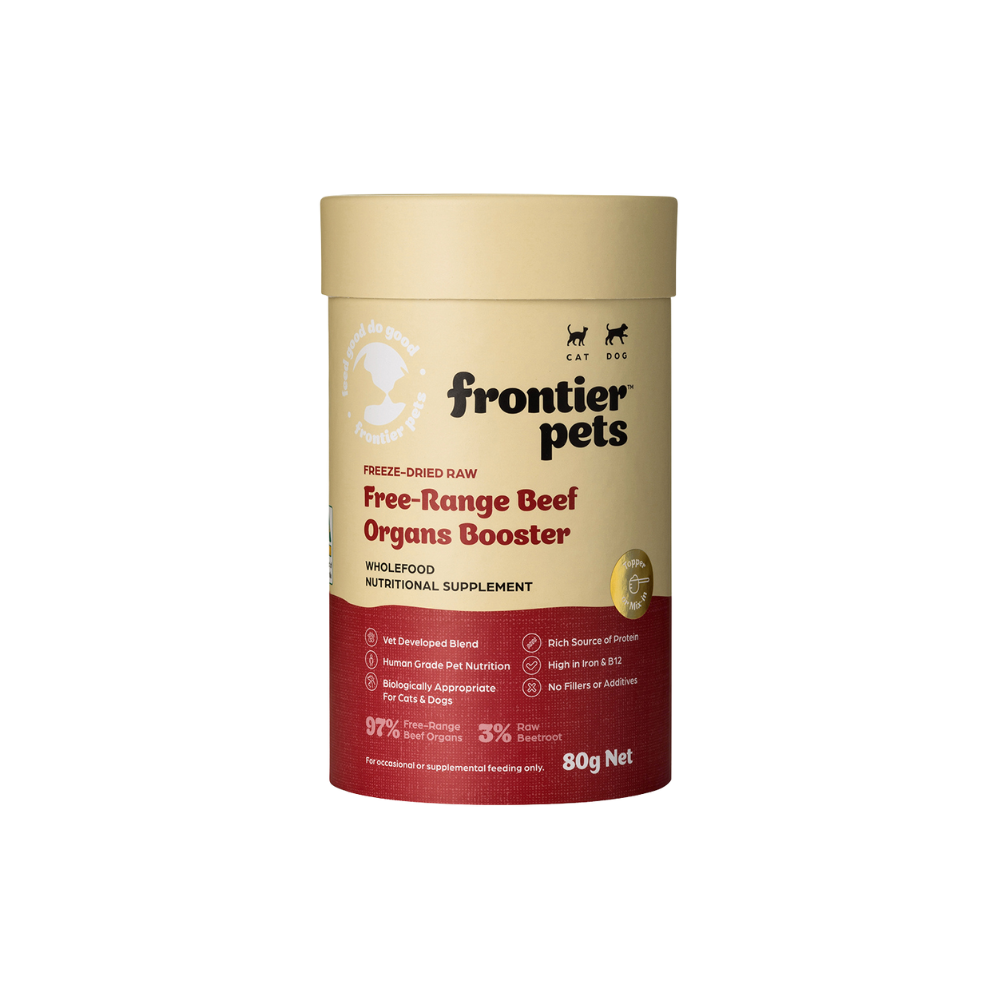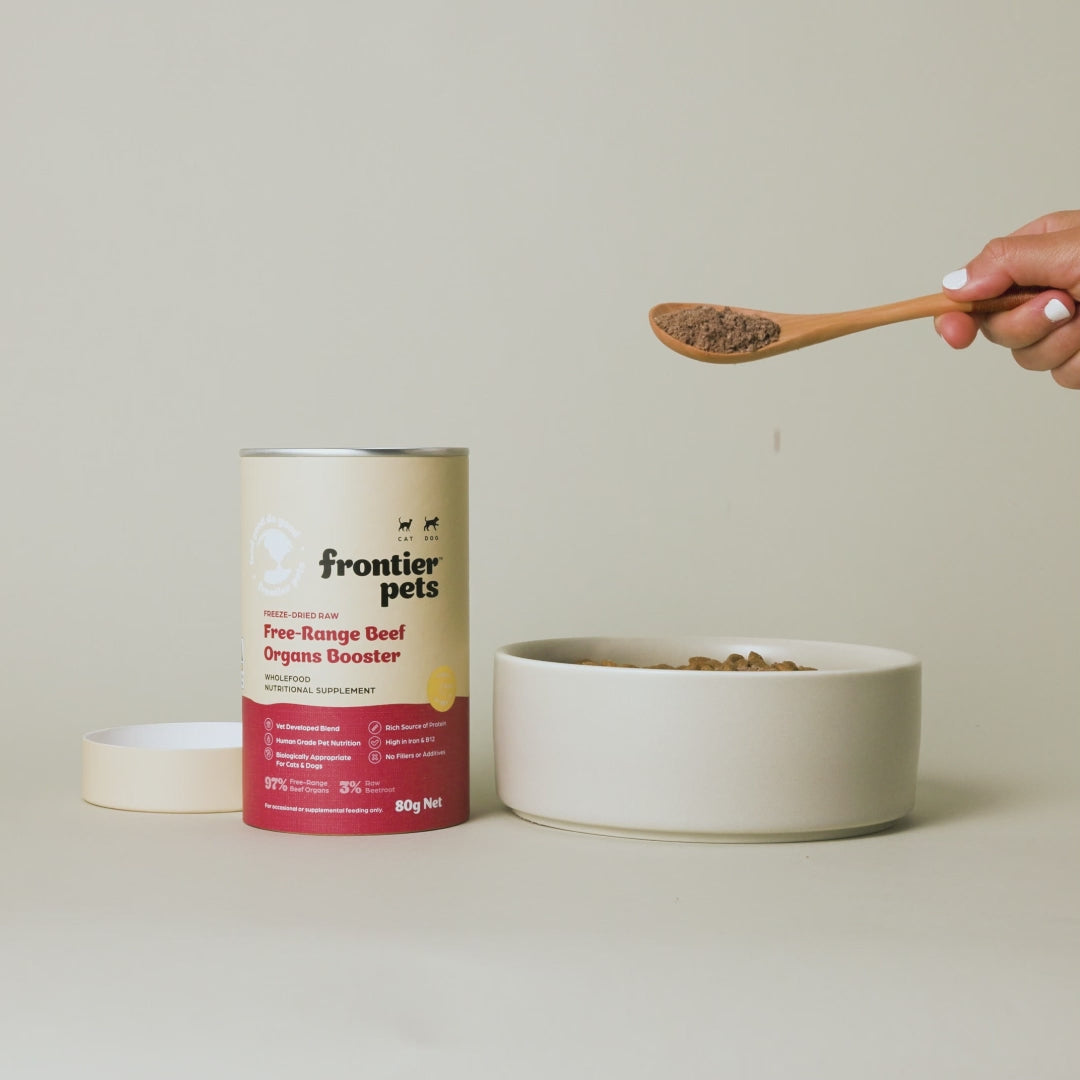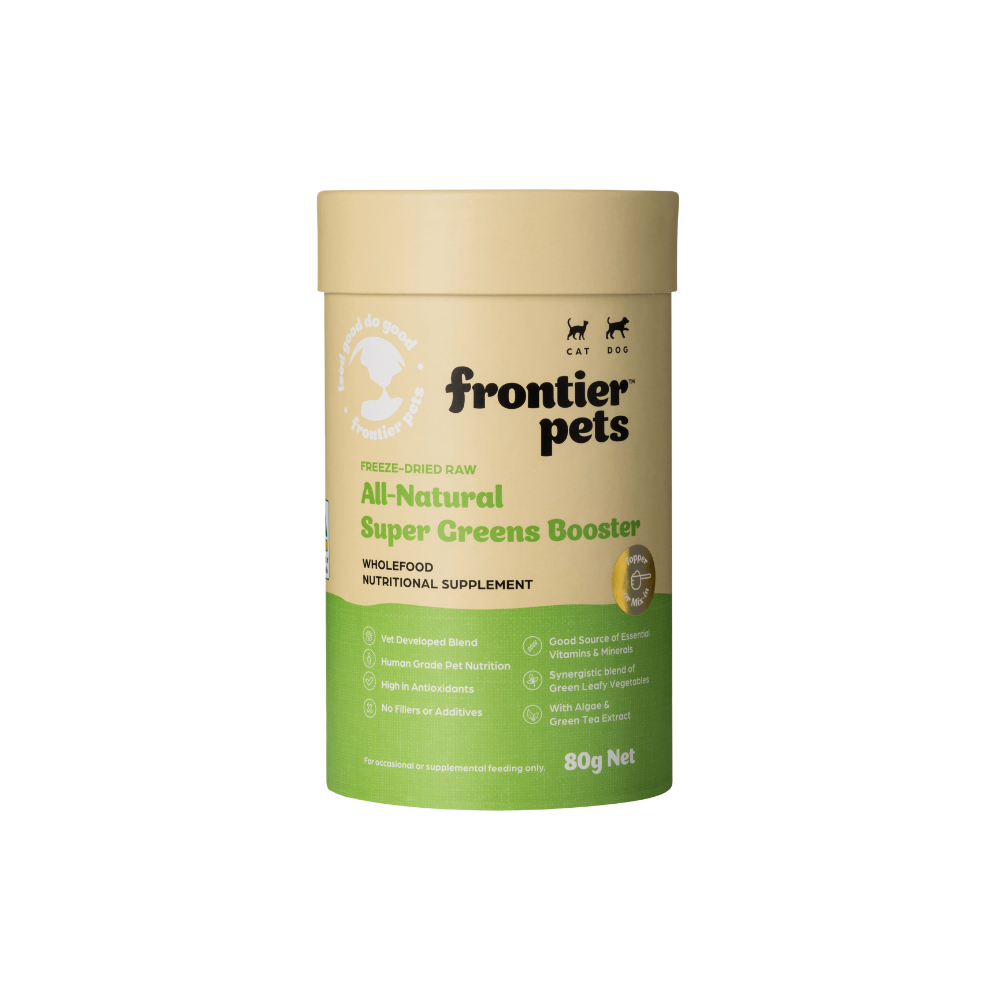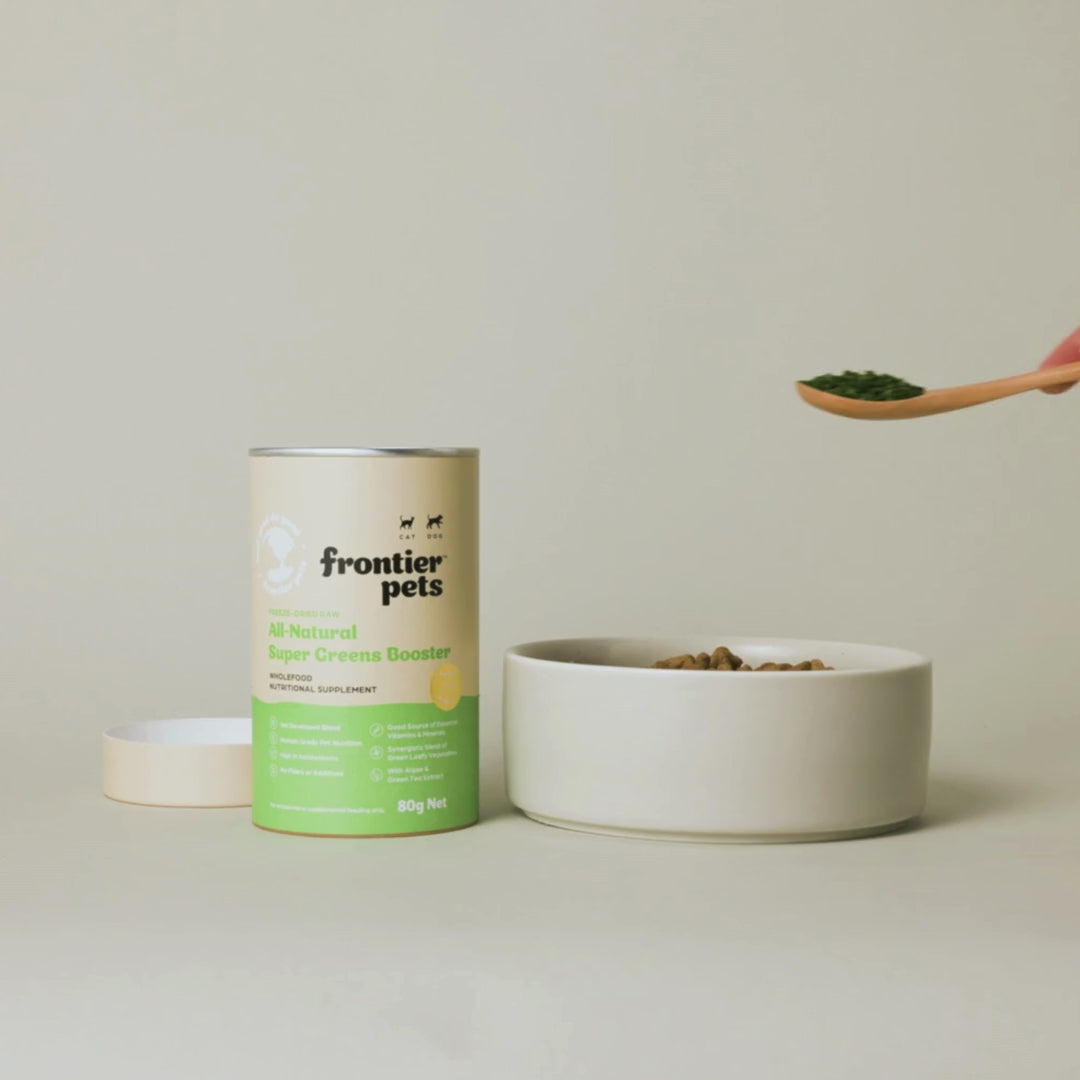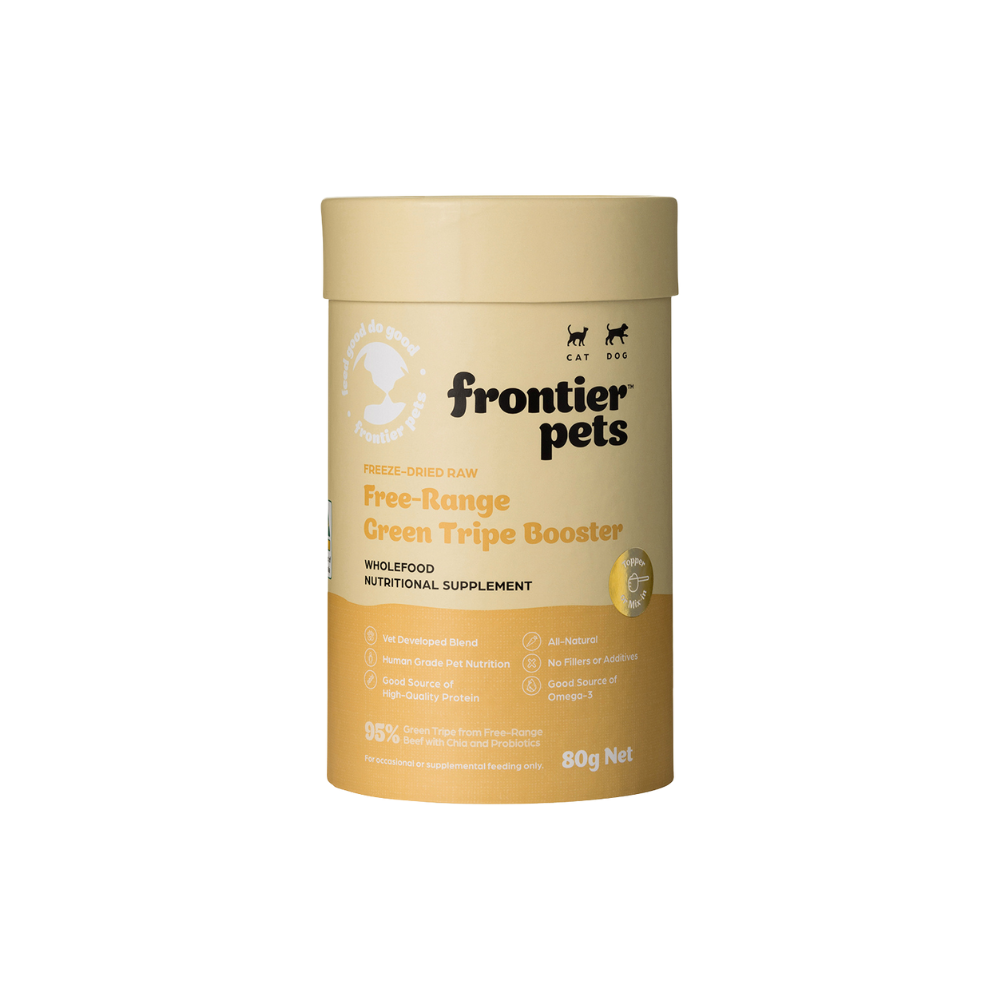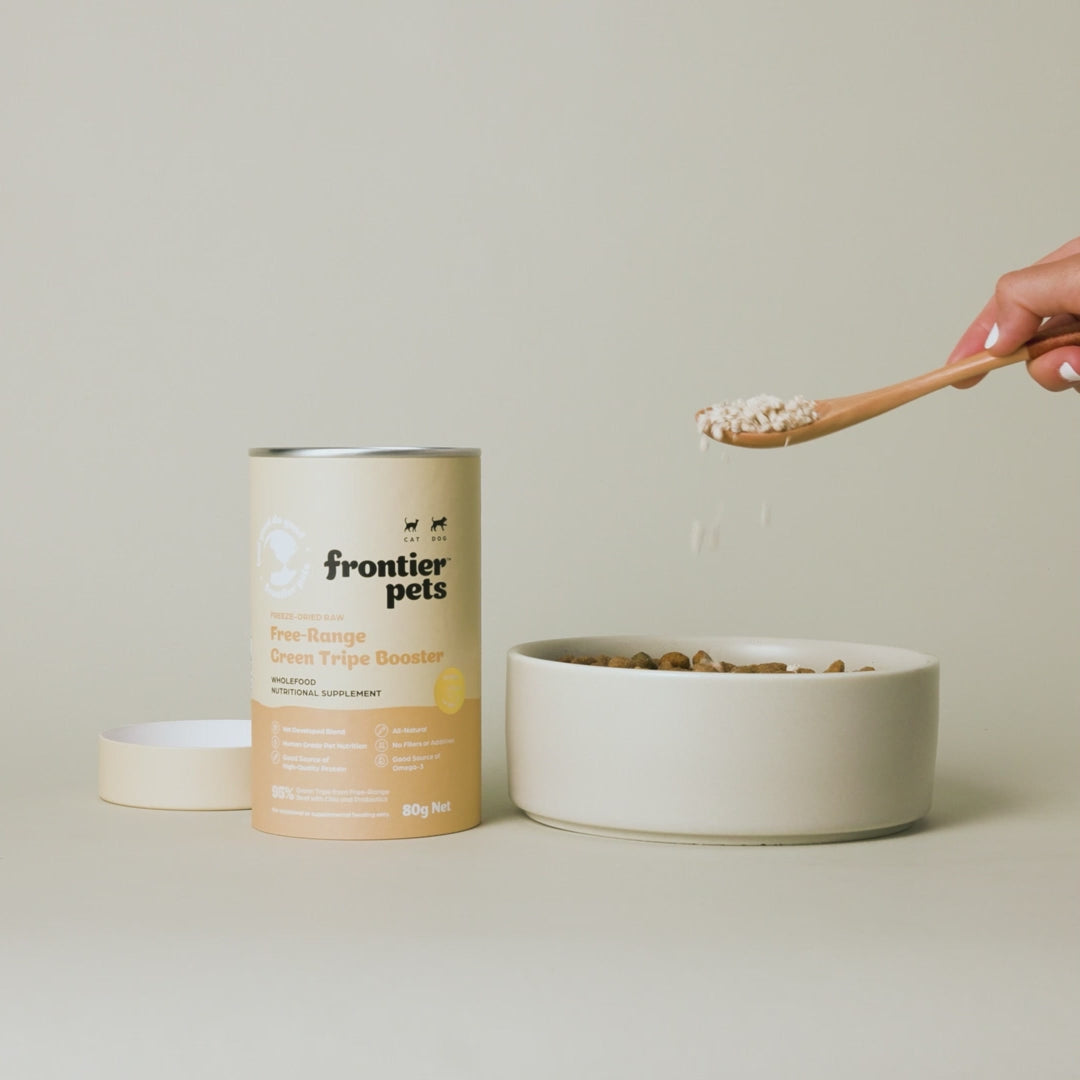Why Are Probiotics Good for Pets?

Summary
Probiotics, or "good bacteria," support your pet's digestive and immune health by balancing harmful bacteria in the gut. They support digestion, boost the immune system, and can improve your pet's mood, coat, and breath.
What Are Probiotics, anyway?
Probiotics are living microorganisms—mainly bacteria—that are found naturally in the body, in various places, especially in the gut. They are “beneficial” meaning they confer a health benefit. These beneficial bacteria work to keep the bad bacteria in check, helping your pet’s gut microbiome maintain balance. Think of it as a bustling ecosystem inside your pet, where trillions of bacteria hang out, most working to promote health, but the overgrowth of a few bad bugs can cause trouble.
Just like in humans, where we have trillions of bacteria both in and on us (fun fact: humans host about 39 trillion bacterial cells!), pets are teeming with microorganisms, with some estimates of around 100 trillion! These bacteria aren’t just hanging around; they’re actively helping your pet digest food, absorb nutrients, and fight off harmful invaders.
The Power of Good Bacteria
A healthy gut is home to a vast and complex community of microorganisms, and the balance between good and bad bacteria is key to your pet's health. When this balance tips in the wrong direction—whether due to stress, illness, or poor diet—it can lead to digestive problems, weakened immunity, and other health issues.
That’s where probiotics come in. Introducing more good bacteria into your pet's system may help restore the natural balance. Probiotics can outcompete the bad guys and create a healthier, more harmonious gut environment. Certain probiotic strains, like Lactobacillus acidophilus and Bifidobacterium animalis, are known to reduce diarrhea and improve stool quality in dogs. These probiotics help support better digestion and are believed to enhance your dog and cat's mood, improve the appearance of their fur and skin, and even reduce bad breath. Probiotics play a vital role in keeping your dog healthy from the inside out!
The Benefits of Probiotics for Pets
- Improved Digestive Health One of the most immediate benefits of probiotics may be improved digestion. If your pet has ever had diarrhea or stomach issues, probiotics can help prevent those unpleasant situations. They also enhance nutrient absorption, making sure your pet gets the most out of their food.
- Stronger Immune System Did you know that a large part of your pet’s immune system is in their gut? Probiotics help modulate the immune response, making it easier for your pet to fight off harmful bacteria and infections. By promoting a healthy gut, you're also boosting your pet's natural defences!
- Other Potential Benefits While research is still ongoing, studies suggest that probiotics may also help reduce allergies, improve skin health, and even have mental health benefits for pets. A happy gut means a happy pet!
Fermented Foods: A Human Example
To get a sense of how powerful probiotics can be, look at how humans benefit from fermented foods or food with probiotics like kimchi, yogurt, or sauerkraut. These foods are loaded with beneficial bacteria that support digestion, improve gut health, and even strengthen the immune system. Just like how we eat yogurt for a healthy gut, our pets can benefit from consuming probiotic supplements specially designed for them.

When Should You Consider Probiotics for Your Pet?
So, when does your pet need a probiotic boost? Probiotics can be particularly helpful after your pet has been on antibiotics, which kill both good and bad bacteria. Stressful events, such as moving, travelling, or introducing a new pet into the household, may also cause digestive issues where probiotics may be of benefit.
If your pet has chronic digestive discomfort, such as frequent diarrhea or constipation, probiotics would definitely be worth trying. Of course, always consult with your vet before adding probiotics or any supplements to your pet’s diet.
How to Tell If Your Pet Needs Probiotics
Look out for signs like:
- Frequent digestive issues (diarrhea, gas, or bloating)
- A weakened immune system
- Poor coat or skin health
If your pet shows any of these symptoms, it may be time to talk to your vet about whether probiotics could help.
What Type of Probiotic Is Best for Pets?
There are many probiotics designed specifically for pets, and your veterinarian can help you choose the right one. Some probiotics are formulated for dogs, while others are better suited for cats, and many are suitable for both. Look for high-quality products with live and active cultures, and make sure they are designed for pets—not humans!
What Probiotic Should I Use?
There are many probiotics on the market for dogs, cats or both. Look for high potency i.e. lots of bacteria: it is generally considered the more the merrier. A general health probiotic likely contains several species, including various types of lactobacilli and bifidobacterium. If there are particular health issues, then specific strains will be recommended by your vet e.g. saccharomyces Boulardi for diarrhoea. Dose according to the pack directions or according to your vet's recommendations.
Frontier Pets Booster with Green Tripe – A Natural Source of Probiotics
We offer Green Tripe Booster, a fantastic option for fussy eaters. Green tripe is packed with naturally occurring probiotics that support your dog's gut health and overall digestion. Unlike processed probiotic supplements, green tripe delivers probiotics in their most natural and bioavailable form, helping to restore and maintain the balance of healthy bacteria in your pet’s digestive system.
Why Choose Green Tripe as a Probiotic?
Probiotics are essential for maintaining a healthy gut, which directly influences your dog's overall well-being. Frontier Pets Green Tripe Booster is rich in lactobacilli and other beneficial bacteria, making it an ideal choice for everyday gut health maintenance. Here's why it's a standout:
- Natural and Nutrient-Dense: Green tripe is a nutrient powerhouse, containing not just probiotics but also essential enzymes and healthy fats.
- Easily Digestible: The natural enzymes in green tripe help break down food more efficiently, improving nutrient absorption.
- Supports Immune Health: A healthy gut contributes to a stronger immune system, keeping your pet healthier for longer.
- Perfect for Fussy Eaters: The unique flavour of green tripe is highly palatable, making it a hit even with the pickiest of eaters.
Probiotics for Specific Health Needs
When considering probiotics, it's important to understand your dog's specific needs. While green tripe provides a natural, general probiotic source, certain health issues might require targeted strains recommended by your vet.
Always follow your vet's advice for tailored solutions and ensure you dose according to product recommendations.
Gut Health = Pet Health
Probiotics or beneficial bacteria are more than just a trendy supplement; they are potentially a vital part of your pet’s digestive health and overall well-being. A balanced gut microbiome helps keep your pet healthy from the inside out. By boosting the number of good bacteria, probiotics support digestion, strengthen the immune system, and may even improve other aspects of your pet’s health.
Disclaimer: Always consult with your veterinarian before introducing probiotics to your pet's diet. Not every pet needs them, and it’s important to understand the right type and dosage for your beloved companion.
If you’re curious whether probiotics are the right fit for your animal, consult your veterinarian. They can guide you toward the best options for keeping your pet’s gut—and overall health—in top shape!
This general health advice comes from holistic veterinarian Dr. Kathy Cornack. For any specific health concerns about your pet, please consult your veterinarian. Individual animal needs may vary. This is general advice only.
References
-
PubMed. (n.d.). The administration of probiotics has demonstrated significant benefits in canine and feline health. Retrieved from https://pubmed.ncbi.nlm.nih.gov/37894110/#:~:text=The%20administration%20of%20probiotics%20has,underlying%20mechanisms%20are%20largely%20unresolved.
-
National Center for Biotechnology Information (NCBI). (2020). Probiotics and their role in canine and feline health. Retrieved from https://www.ncbi.nlm.nih.gov/pmc/articles/PMC7111060/.
-
Pet Chemist. (n.d.). What do vets say about probiotics for dogs and cats?. Retrieved from https://petchemist.com.au/blog/what-do-vets-say-about-probiotics-for-dogs-and-cats/#:~:text=A%202023%20research%20paper%20submitted,can%20be%20enhanced%20with%20probiotics.
Frequently Asked Questions (FAQs)
Yes, Frontier Pets Food is considered a BARF (Biologically Appropriate Raw Food) diet because it follows the core principles of BARF diet design. This includes using raw, minimally processed, and high-quality whole food ingredients, focusing on animal-derived ingredients to meet the natural dietary needs of dogs and cats so it's naturally grain-free. Additionally, Frontier Pets Food uses human-grade, Australian ingredients, making it a nutritionally optimal choice for pets. Even when it’s freeze-dried, it remains a BARF diet because this method simply makes raw feeding more convenient while preserving the nutritional integrity of the raw ingredients.
Frontier Pets is rated as Australia's top pet food on Frontier Pets Reviews and take a look at the feedback from Aussie dog owners. Additionally, you have the option to purchase a 300g bag of our freeze-dried raw food as a sample for your pets to try.
More Blog posts
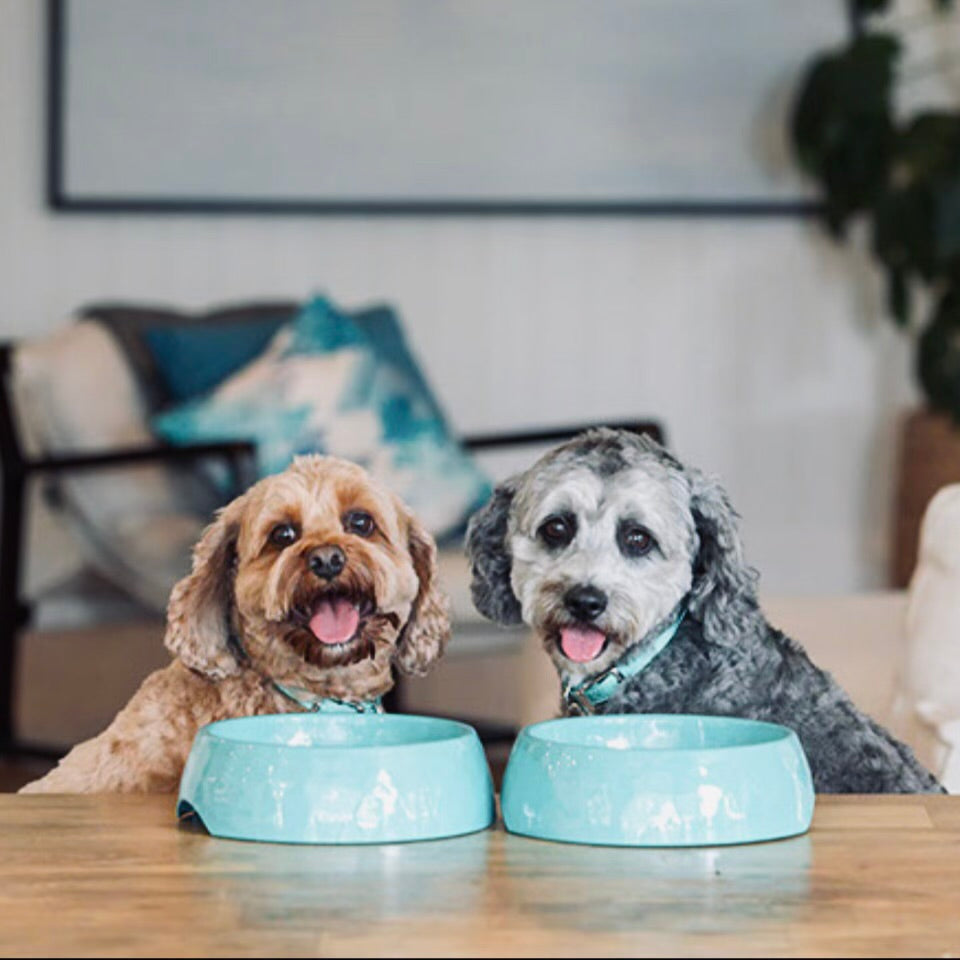
Best Low Maintenance Dog Breeds in Australia
Choosing your new fluffy companion is never easy. There is a wide range of considerations that go into finding the perfect pup for you! From your lifestyle to your living arrangements, it’s importa...
Read more
Steps With Pets Charity Challenge, August-September 2025
Steps with Pets – Tottenham Hotspur’s global charity dog-walking challenge, supported by Frontier Pets Calling all dog-loving Spurs fans around the world! This is your chance to combine your pass...
Read more
